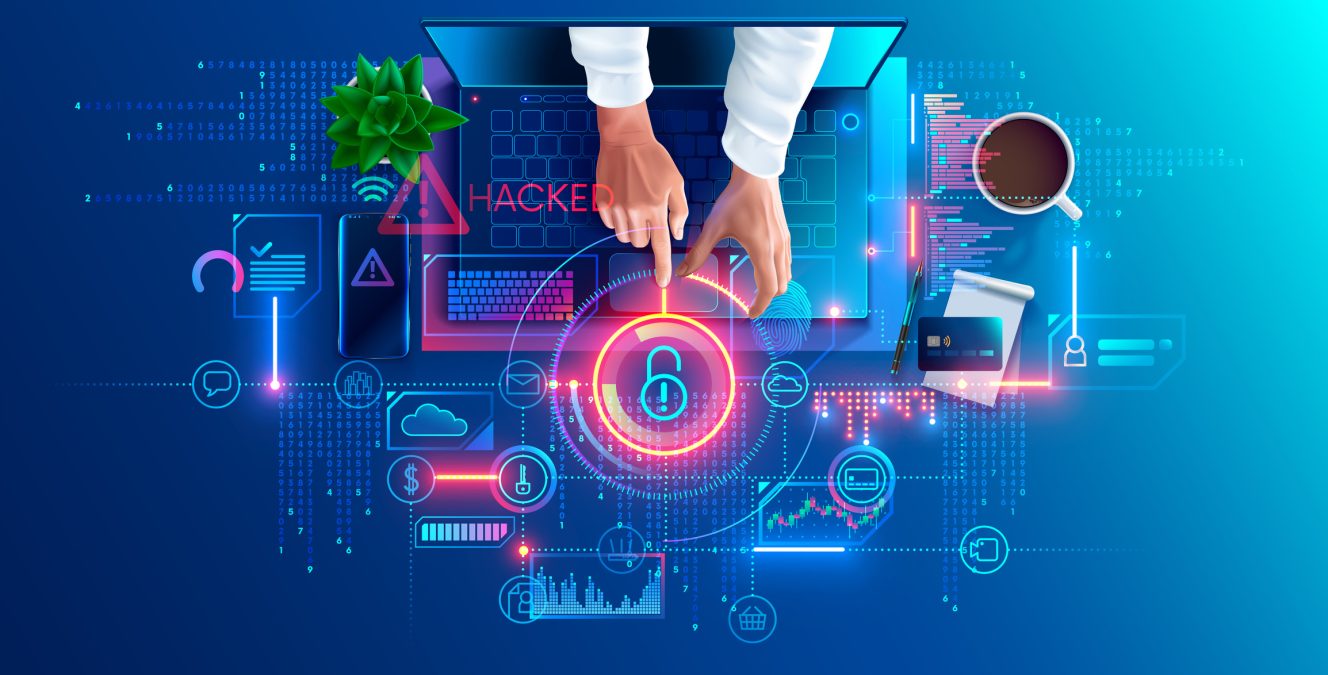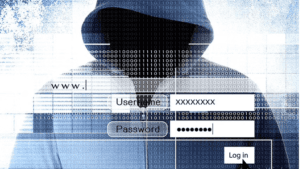In today’s fast-paced digital world, cybersecurity has become critical to protecting sensitive data and information from cyber threats and attacks. As technology advances, so do malicious actors’ tactics to breach security measures.
The demand for knowledgeable cybersecurity workers has never increased as technology advances quickly. But how can you get the information and abilities necessary to become a fearsome guardian of digital fortresses? Be at ease! Your hidden weapon is a cybersecurity course; it will provide you with the knowledge and skills you need to navigate the murky depths of the cyber realm.
In this blog post, we’ll explore how a cybersecurity course can prepare you for a successful career in the cybersecurity sector.
What is cybersecurity?

Cybersecurity is distinct from disciplines like computer science and information technology (IT), although it is connected to those two fields. Building hacker-proof technology may be part of cybersecurity, which typically focuses on finding and fixing vulnerabilities in hardware and software that a criminal may exploit. It is distinct from simple programming and has a more constrained scope than computer science.
A well-structured cybersecurity course will start by introducing you to the diverse and ever-evolving landscape of cyber threats. You’ll learn about different types of cyberattacks, such as malware, ransomware, phishing, and DDoS attacks, and understand their characteristics and potential impacts. With this knowledge, you’ll be better equipped to anticipate, prevent, and mitigate these threats in real-world scenarios.
How to Prepare for a Career in Cybersecurity?
Cybersecurity Training: Preparing for the Industry
-
Mastering Cybersecurity Tools and Technologies
Cybersecurity courses provide hands-on training with a wide array of tools and technologies used in the industry. You’ll have hands-on experience utilizing these technologies, from firewalls and intrusion detection systems to encryption protocols and vulnerability scanners. This proficiency will be invaluable in securing computer systems, networks, and applications against potential breaches.
-
Developing Ethical Hacking Skills
Ethical hacking, or penetration testing, is an essential skill in the cybersecurity domain. A reputable cybersecurity course will teach you the methodologies employed by ethical hackers to identify vulnerabilities in systems and networks proactively. By learning how to think like a hacker, you’ll be better equipped to defend against real hacking attempts and contribute to the strengthening of an organization’s security posture.
-
Understanding Legal and Regulatory Compliance
In the world of cybersecurity, understanding legal and regulatory requirements is essential. Cybersecurity courses emphasize the importance of compliance with data protection laws and industry regulations. You’ll learn about frameworks such as GDPR, HIPAA, and PCI DSS, ensuring you can implement security measures that align with these guidelines.
-
Developing Incident Response Strategies
Being prepared for cyber incidents is critical in today’s cybersecurity landscape. A comprehensive course will teach you how to develop and implement effective incident response plans. You’ll learn how to detect, analyze, and respond to security incidents promptly, minimizing their impact on an organization’s operations.
-
Gaining Communication and Collaboration Skills
Effective communication and collaboration are essential skills for any cybersecurity professional. Cybersecurity courses often include team-based projects and simulations that encourage interaction with peers. These experiences will enhance your ability to work in a team, communicate complex security concepts clearly, and collaborate to solve security challenges effectively.
-
Building a Strong Professional Network
Networking plays a vital role in the cybersecurity industry. While pursuing a cybersecurity course, you’ll have the opportunity to connect with industry professionals, instructors, and fellow students. These connections can open doors to internships, job opportunities, and valuable insights into the cybersecurity industry.
-
Showcasing Practical Experience
Many cybersecurity courses offer opportunities for internships or hands-on projects, enabling you to showcase practical experience on your resume. Having tangible projects to present to potential employers can significantly enhance your chances of securing a cybersecurity job.
-
Acing Certifications
Completing a cybersecurity course often prepares you for various industry-recognized certifications. These certifications, such as CompTIA Security+, Certified Ethical Hacker, and Certified Information Systems Security Professional (CISSP), add significant value to your resume and demonstrate your expertise to potential employers.
The Future of Cybersecurity: What You Need to Know
Cybersecurity job market Trends
The cybersecurity field is dynamic and continuously evolving. A good cybersecurity course will emphasize the importance of staying up-to-date with the latest industry trends and emerging threats. You’ll be introduced to reputable sources for cybersecurity news, research, and best practices, enabling you to remain at the forefront of the industry.
Some of the top cybersecurity industry trends in 2023:
- Increased focus on cloud security: A greater emphasis is being placed on cloud security as more and more businesses migrate to the cloud. Data must be protected while it is in motion and at rest, and cloud security solutions must be able to stop unauthorized users from accessing cloud resources.
- Rise of mobile security: The usage of mobile devices is skyrocketing, and this development poses new security issues. Mobile security solutions must be able to shield data stored on mobile devices from loss or theft and stop malware from infecting mobile devices.
- The growth of IoT security: The Internet of Things (IoT) is growing quickly, and this development is posing new security risks. IoT security solutions must guard against malware infection or hacking of IoT devices.
The Final Words
Enrolling in a cybersecurity course equips you with the knowledge, skills, and practical experience necessary to thrive in the fast-paced and ever-changing cybersecurity industry. From understanding the cyber threat landscape to mastering cybersecurity tools and technologies, such a course ensures you are well-prepared to face the challenges of securing sensitive information and defending against cyber threats.
Whether you are a seasoned IT professional looking to transition into cybersecurity or a newcomer, a cybersecurity course can be a stepping stone toward a successful and rewarding career in this high-demand industry.
Imarticus Learning developed the PG Program in Cybersecurity in collaboration with leading experts to guarantee that aspiring cybersecurity professionals receive the best possible education. You will be prepared for jobs like cybersecurity analyst, penetration tester, incident handler, and SOC team member after completing this intensive 6-month curriculum.
You will participate in intense lab sessions that tackle real-world problems throughout the course, allowing you to dig deeply into the worlds of ethical hacking and penetration testing. Additionally, you will receive thorough training to flourish as a SOC team specialist while gaining crucial experience in incident handling.



